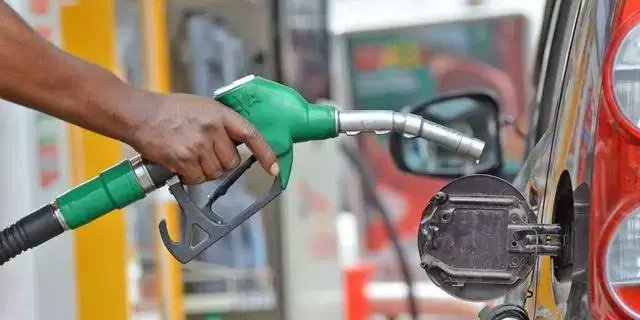

Petroleum marketers have warned that petrol prices across Nigeria may soon exceed ₦1,000 per litre following President Bola Tinubu’s approval of a 15% ad valorem import tariff on fuel — a decision verified by Reuters and major Nigerian news outlets.
The policy is part of a broader government strategy to boost local refining capacity, especially through projects like the Dangote Refinery, and reduce Nigeria’s long-standing dependence on imported petroleum products.
This latest move builds upon the 2023 fuel subsidy removal, a decision that saw pump prices jump from around ₦200 to over ₦600 per litre.
At the time, the administration defended the policy as essential to ending Nigeria’s $10 billion annual fuel import bill and redirecting funds toward infrastructure and welfare programs.
However, analysts now fear the new tariff could trigger another wave of inflation, deepening economic strain for millions of households already battling surging living costs.
According to World Bank data, fuel accounts for nearly 30% of transportation costs in Nigeria. Any price increase therefore ripples through the economy, raising the cost of goods, services, and food.
Petroleum marketers argue that the 15% tariff, while beneficial for future refinery investment, will immediately increase import expenses and likely push pump prices beyond the ₦1,000 threshold if local production does not ramp up soon.
The announcement has sparked heated discussions online, particularly on X (formerly Twitter), where many Nigerians expressed frustration and fatigue over yet another potential hike.
A significant number of commenters supported the shift to domestic production, urging the government to prioritize refining crude locally instead of importing refined fuel. They see local production as the only way to stabilize prices and strengthen the naira, which continues to struggle under pressure from import-related demand.
Yet critics remain skeptical. They warn that while the policy may make economic sense on paper, its immediate effects could be devastating for low-income families. The price of transportation, food, and electricity — already stretched thin by subsidy removal — could skyrocket, pushing more citizens below the poverty line.
Experts believe Nigeria’s long-term solution lies in ensuring that refineries like Dangote, Port Harcourt, and smaller modular plants become fully operational and efficiently managed. Until then, the nation’s reliance on imported fuel will continue to expose it to volatile global prices and costly domestic adjustments.
For now, Nigerians brace themselves for what could be the second major fuel price shock in less than two years, as policymakers walk the tightrope between reform and public hardship.
— Busterblog


